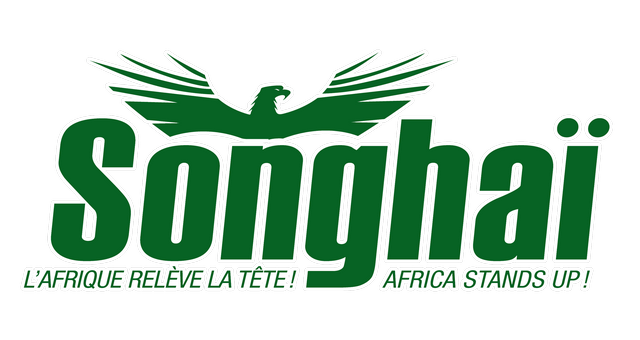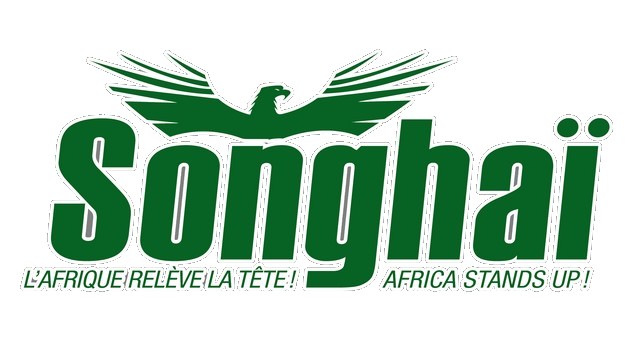Gbessou turns the page of the ”open” toilet and the inhabitants of this village located in the lakeside village of Sô-Ava in the lower valley of Ouémé, no longer have much reason to worry about the health quality of their drinking water. The construction of six ecological toilets of Songhai model in the village, now considerably solves the groundwater pollution problem, due to lack of sanitary latrines and the lack of adequate system for wastewater disposal.
The construction of these Songhai ecological toilets is the result of a partnership established in 2011 between Songhai Centre and the French association ARCADE (Active and retired people for cooperation and development aid), as part of the twinning between the lakeside village of Sô-Ava (Benin) and Orvault (France). Entrusted to Songhai Centre for its expertise in the field, the construction of Songhai ecological toilets is part of the Support to sanitation in the lakeside village of Sô-Ava. Thus, in view of the forthcoming commissioning of these toilets, a joint mission was conducted in Gbessou on October 1, 2015. Made of the representatives of both parties, the mission visited the infrastructures and talked with the highest level authorities of the beneficiary municipality. It came out that apart from Gbessou which hosted the pilot phase of the construction of Songhai ecological toilets, Houèdo Aguékon and Sô-Ava are also selected to have the toilets.
Beyond hygiene and sanitation concerns, the construction of these toilets also helps the development of income generating activities. Indeed, the project also aims at training youths from the communities where the toilets are built, in agricultural entrepreneurship, for the promotion of green jobs and the management of the toilets. It is also for this purpose that twenty (20) youths from Gbessou were trained in Songhai Centre to valorize the land available next to Gbessou secondary school where the six toilets and the two bathrooms were built. On these lands, they will grow vegetables using the waste water from toilets and bathrooms and recycled by purification from water hyacinth. Apart from vegetable production, many other activities can be developed around the project and based on the natural resources of the area; for example fish farming, production of electricity (still from the water hyacinth) through biogas…
]]>
